
Two-handed Movements Require More Neural Effort As People Grow Older
A team of researchers from Max Planck Institute for Human Cognitive and Brain Sciences (Leipzig) has discovered that the age-related decline in bilateral anti-phase movement is linked to differences in alpha and beta neural activity. Among the researchers was Vadim Nikulin, Leading Research Fellow of the Centre for Cognition & Decision Making at HSE University.
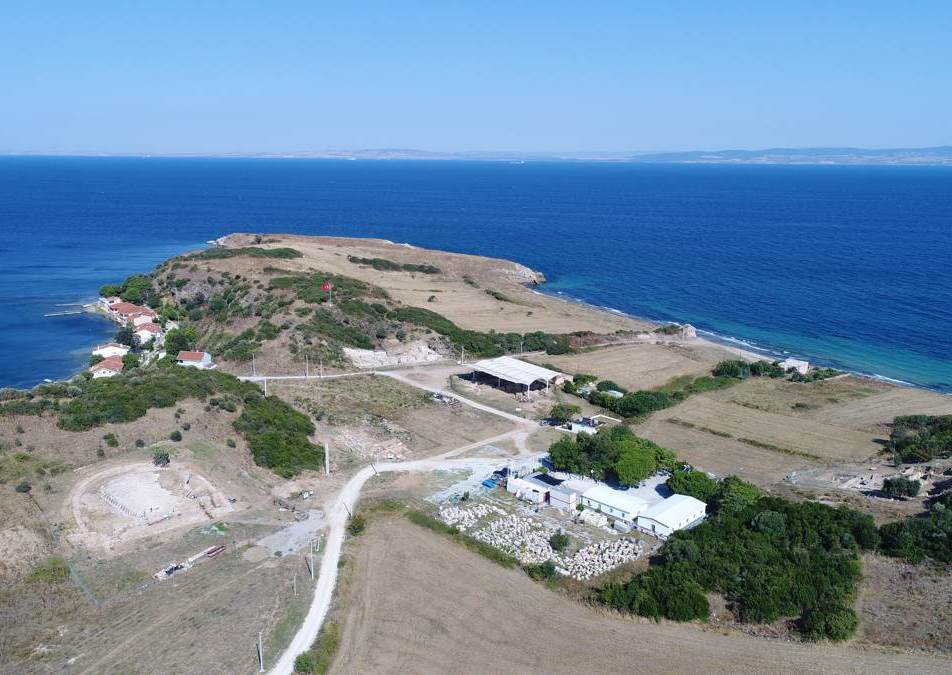
Italy, Turkey, and Abkhazia: Outcomes of 2021 HSE IOCS Archaeological Expeditions
This year’s field season is over, and despite the difficulties caused by the pandemic, archaeologists from the Centre of Classical and Oriental Archaeology at the Institute for Oriental and Classical Studies (IOCS) were able to undertake their scheduled expeditions to Italy, Turkey, and Abkhazia. The Centre is the only Russian institution that conducts regular archaeological research in the Mediterranean region—the heart of ancient civilization, where neither Soviet nor Russian classical archaeologists have ever worked before.
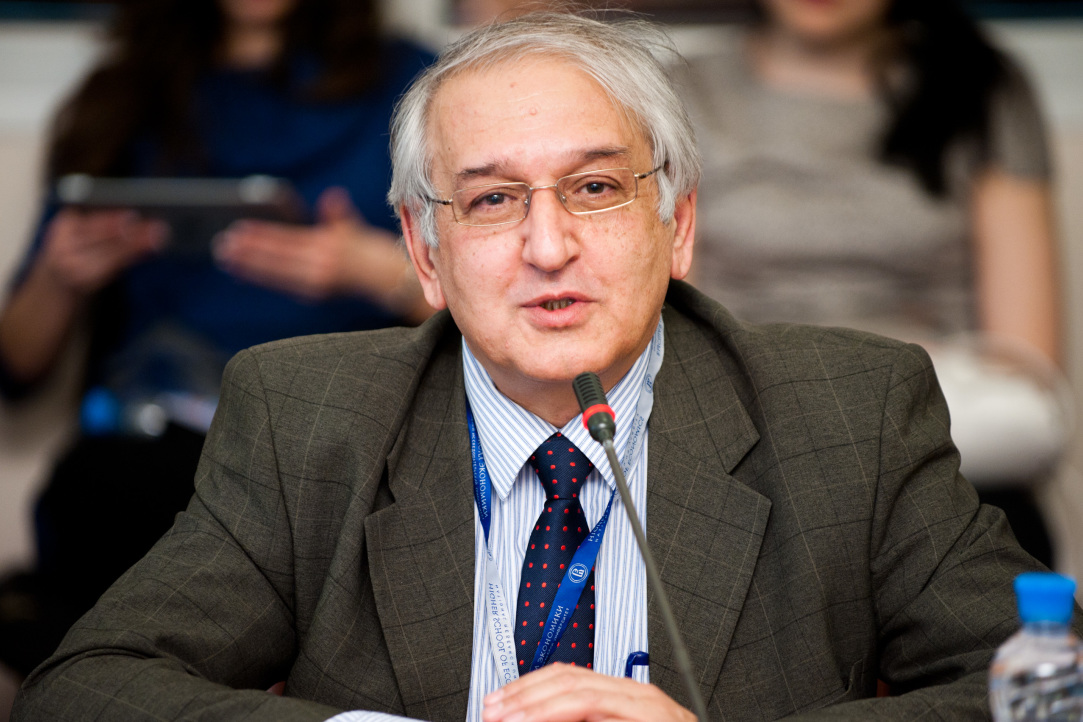
‘I Always Look for Tasks That Involve the Creation of New Models’
The Finnish Academy of Science and Letters held a ceremonial meeting on September 13 at which it named HSE professor Fuad Aleskerov a foreign member. Aleskerov is a professor of the HSE Faculty of Economic Sciences, head of the Department of Mathematics and director of the International Centre of Decision Choice and Analysis. The list of the Academy’s foreign members began with mathematician Mstislav Keldysh, and in the 20 years since, only two more scientists have joined those ranks. In this interview, Fuad Aleskerov explains why he became a scientist, what his scientific interests are and what a mathematical model and a yellow dandelion have in common.

Champagne and Unsanitary Conditions: Trade in Siberia 150 Years Ago
The increasing application of law in various spheres of life in the Russian empire promoted trade regulation and influenced everyday trade practices—even in remote regions. Tradespeople, in turn, tried to limit the application of new regulations while using laws to serve their own interests. HSE University has hosted a seminar on trade in Siberia in the second half of the 19th and early 20th centuries.

Education and Employment in ‘Hard’ Science Provide no Salary Advantages Compared to ‘Soft’ Science at Any Career Stage
HSE University economists question whether Russian STEM specialists are better paid than non-STEM specialists. They compare wages of professionals with STEM and no STEM majors, and those working in STEM and no STEM jobs and explore how the gap evolves over the life cycle. They find that there is no advantage of STEM major and STEM job over their no STEM alternative. They present their findings in a paper published in the Voprosy Ekonomiki journal.

‘The Past Is Never Dead. It's Not Even Past’
This summer, the HSE Centre for the History and Sociology of World War II and Its Consequences was reorganized to become the HSE Institute for Advanced Soviet and Post-Soviet Studies. Oleg Budnitskii, Doctor of Historical Sciences, head of the Centre and director of the Institute, talked to the HSE News Service about the new division.
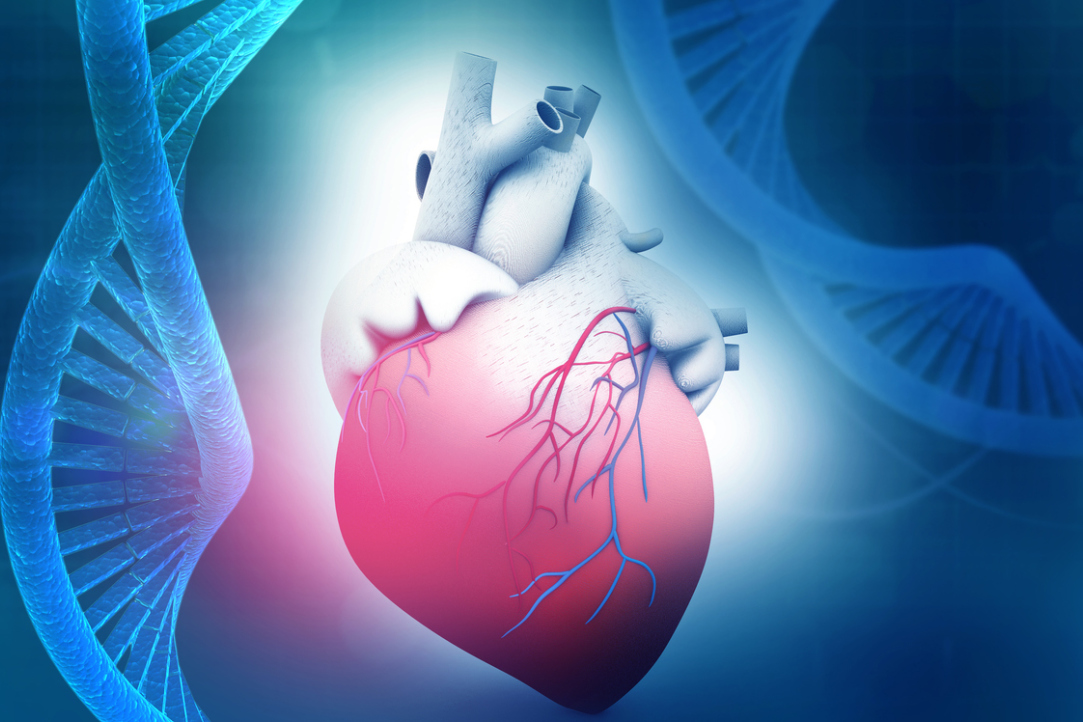
Genetics of Cardiovascular Diseases Consortium Opens at HSE University
The Genetics of Cardiovascular Diseases Consortium, the first of this kind in Russia, was unveiled at HSE University at Cardiogenetics and Bioinformatics: 2021 Realities, an interdisciplinary forum. The consortium aims to compile a centralized and complete catalogue of the Russian population’s genomic mutations.
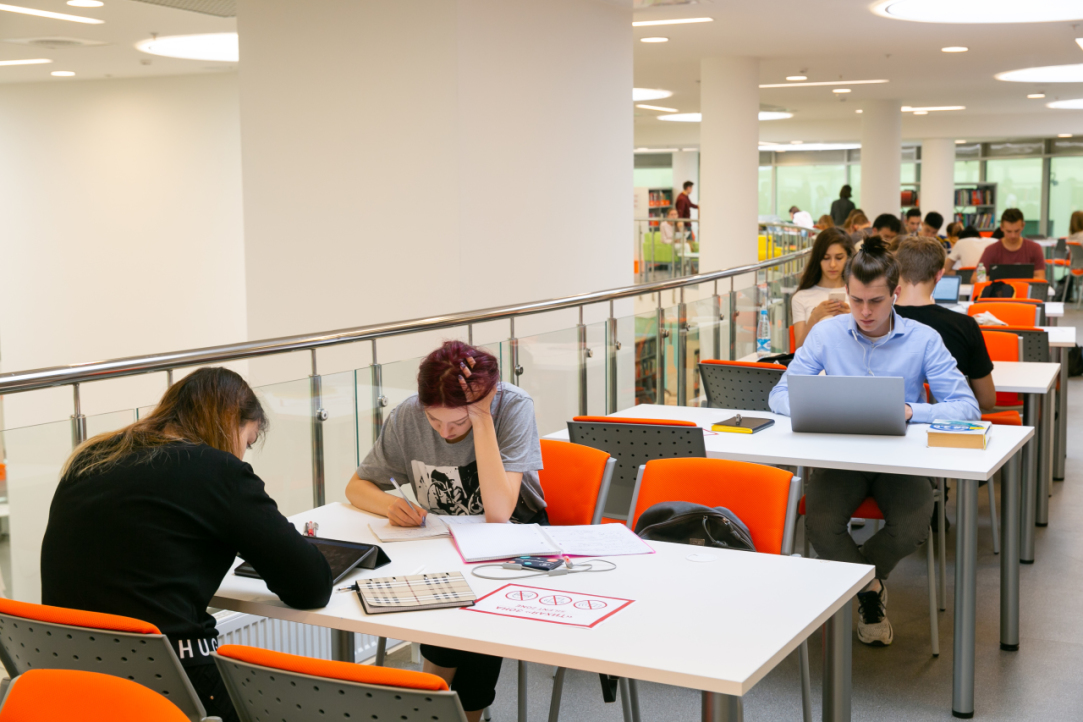
Researchers Confirm Correlation Between Education Expenditure and GDP Growth
HSE University researchers have analyzed the economic performance of almost a hundred countries to understand whether government investment in education pays off. The economists explain what kind of recommendations may be offered to governments—and how they vary based on a country's level of development—in the Voprosy Statistiki journal
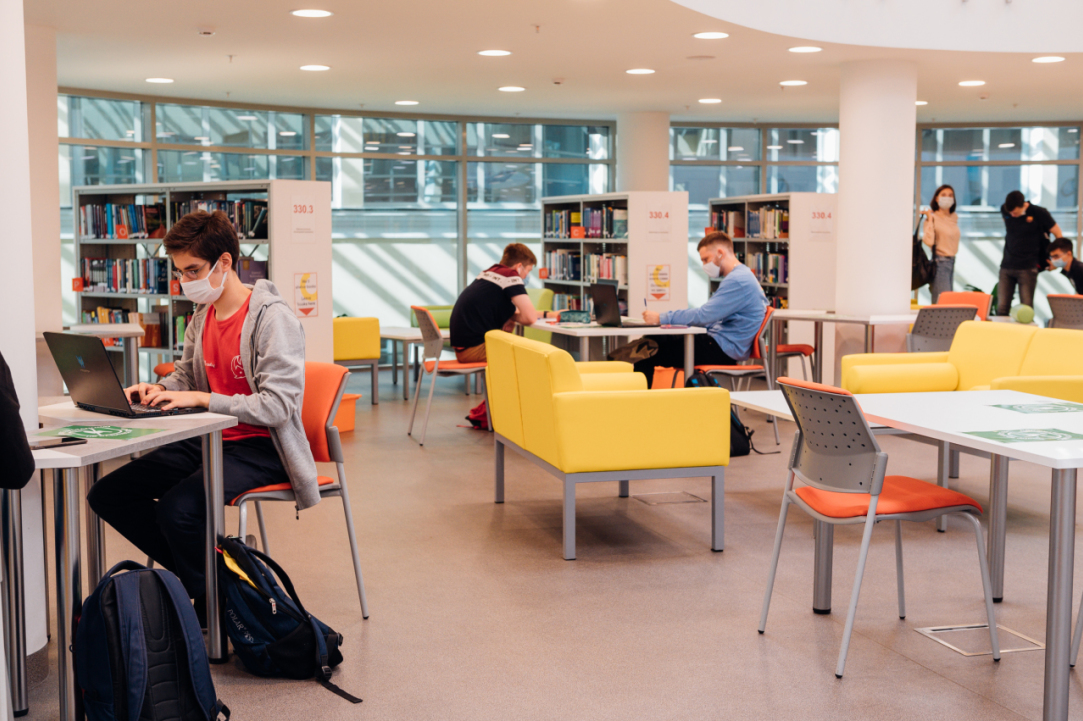
HSE University Classes to Be Held On Site for All Students
Classes in the new academic year will take place on site for students of all HSE University campuses. Existing COVID safety precautions will remain in effect.

HSE Academics Elected Fellows of the British Academy
Galin Tihanov, Chief Research Fellow of Poletayev Institute for Theoretical and Historical Studies in the Humanities and Professor of Queen Mary University of London, and Sergey Ivanov, Professor of the HSE Institute for Oriental and Classical Studies (IOCS) have been elected fellows of the British Academy. In an interview with the HSE News Service, Sergey Ivanov speaks about this important event, his new responsibilities as a fellow of the Academy, and his short-term research plans.

